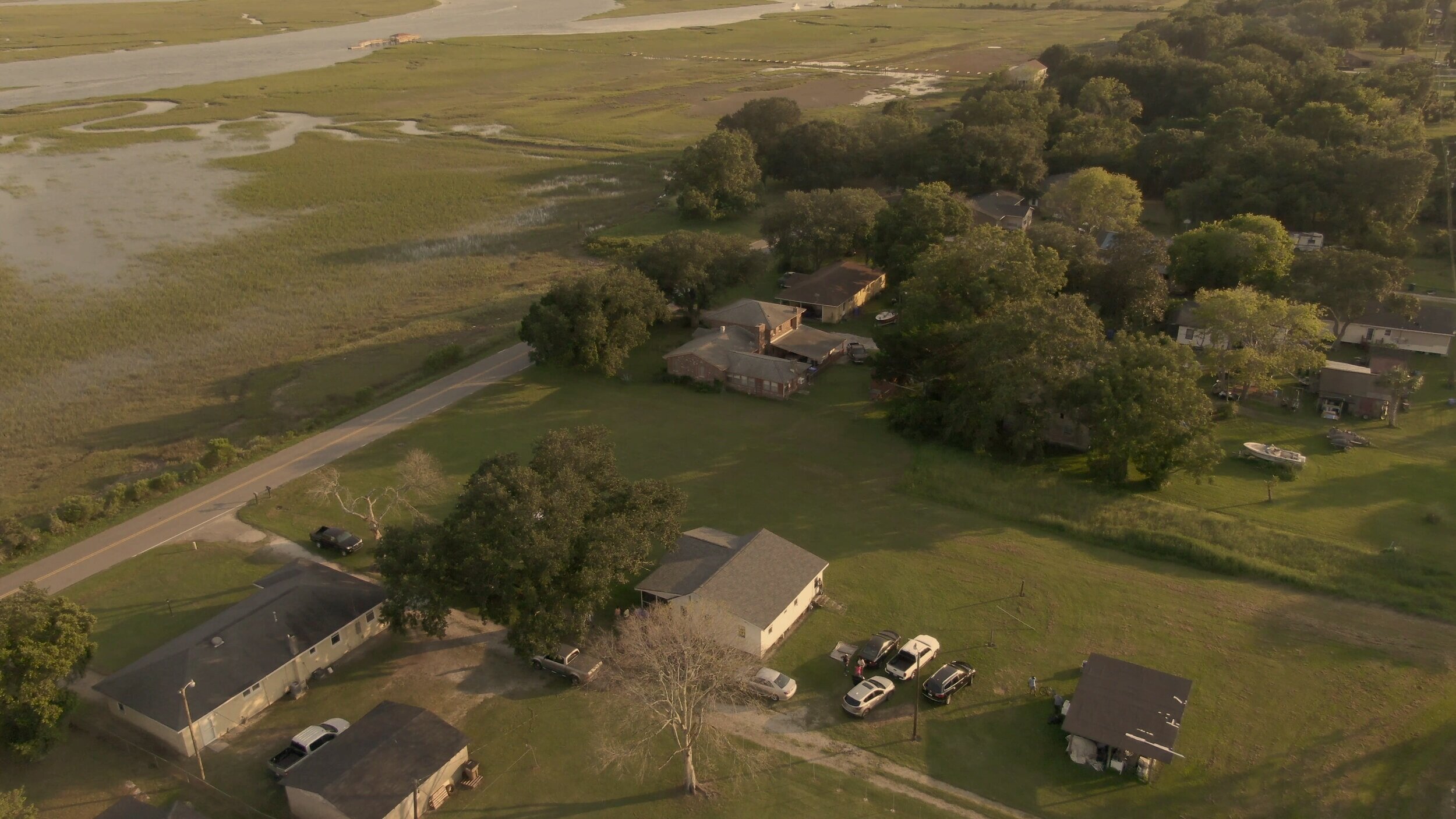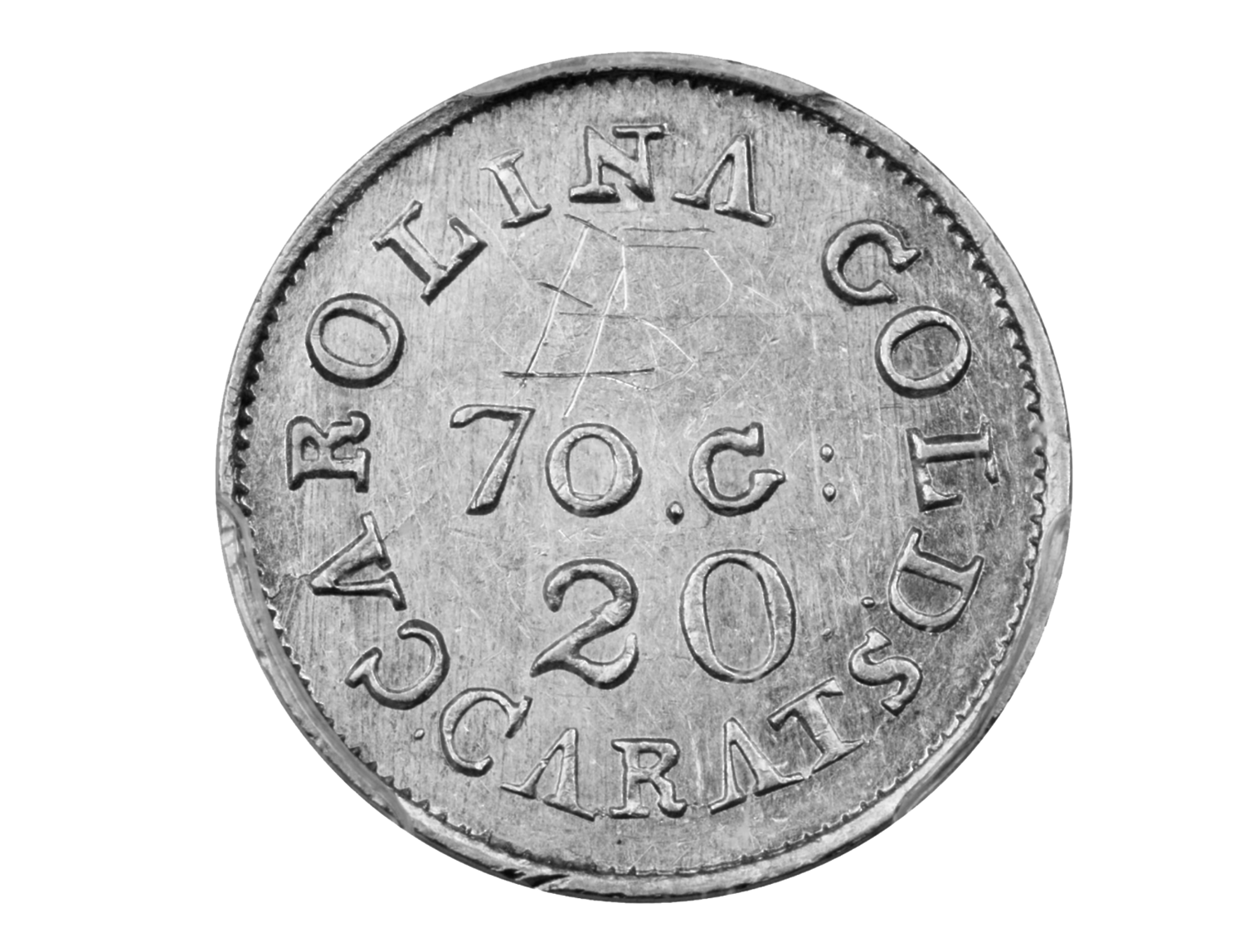“Captivating. Ambitiously framed… American history is littered with unfinished conversations. If we are smart, we listen, we follow these murmurs and we see where they lead. Jon-Sesrie Goff does just that in After Sherman. His florid documentary eavesdrops on fragmented dialogues: between father and son, among friends and neighbors, between land and river and, of course, between the past and the present. These conversations are ambitiously framed by the director, in his notes, as meditations on inheritance and our nation’s twisted history. And while After Sherman fulfills that mission, it’s most captivating when it burrows into Goff’s personal history, recording the stories and rituals of his Gullah Geechee community”
— The Hollywood Reporter, Lovia Gyarke
“Native sons and daughters of the American South have offered many a meditation on the soil where their lineage was replanted. But the observations and insights of documentarian Jon-Sesrie Goff form something that strikes with the potency of prayer. His “After Sherman” serves as both a psalm of thanksgiving and a cry of lamentation for the family legacy he claims – as well as the cultural history he cannot escape. Goff seeks not to vanquish or reconcile this conflict so much as he looks to embrace the beauty inherent within these contradictions for Black Southerners like himself… Goff effectively bottles the energy generated when history collides with memory and lets it resound in his feature to stirring effect.”
— The Playlist, Marshall Shaffer
“The film fascinates whenever the director poses big questions, with even larger implications to his father, such as what his dad hoped the world would be for his son. It uplifts whenever the symphonic poetry of the South’s accents makes an appealing sonic texture. And the documentary finds peace and frustration when it becomes wholly concerns a community’s relationship with the land and its history…Goff’s “After Sherman” nourishes both the spirit and soul.”
— The Playlist, Marshall Shaffer
“Extraordinary. Sometimes an essay, sometimes a poem, sometimes a meditation, sometimes a denunciation and sometimes a celebration, the film sketches out the problem: Black people in America have systematically been stripped of memory and roots. Then it gradually fills in a portrait of how Black people create home, memory and place in spite of it… The Charleston murders were the latest lynching, massacre and erasure; After Sherman is a response that echoes the response of generations, about love, joy, family, community and place, even when it is imagined… Formally, the film is so daringly experimental, it took my breath away. There is much layering and deliberate disjuncture; audio remarks don’t match the visuals, or they do in a way that puts them into italics or even ALL CAPS. These experiences of displacement and of layered experiences evoke the fractured experience of memory and home in Black experience.”
— Documentary Magazine, Patricia Aufderheide
“Mighty powerful. A fittingly fragmented family portrait that extends well beyond the Goffs to include all Africans who were cut off from their roots by being brought to America on slave ships… Like the community it depicts, “After Sherman” never is weighed down by history though every corner is touched by it and the ability to carry on is admirable, but Sesrie is right to question it when holding on to the world they know may prevent imagining anything else.”
— The Moveable Fest, Stephen Saito

I love and hate South Carolina.
Director’s Statement
You can reach the land by dirt road, or by boat if you sail down the Santee River towards the Atlantic. This plot of land has been in my family since the 1860s when it was purchased by my ancestors after emancipation. The Hopswee plantation, where they were once enslaved still stands a mile away, now a wedding destination. The land presents unanswered questions about ownership, belonging, citizenship, and history. Its transformation from marsh to the mainline of American rice and wealth was predicated on the skilled labor and ingenuity of Africans, primarily from the rice coast of western Africa. The fields were abandoned after Emancipation when the formerly enslaved left for other trades. The land’s potential still exists. One day I will inherit this land. And I will inherit all of this history and presence that comes with it.
–Jon-Sesrie Goff







